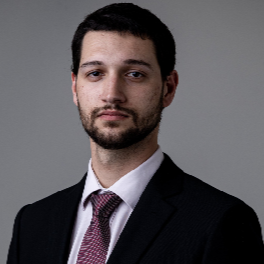Health NZ believed bargaining would be the best way forward to avoid disrupting patients, Slater said. The agency was working on contingency plans to ensure health services could continue throughout the strike.
NZRDA national secretary Deborah Powell said the proposals were an “unacceptable set of remuneration options, including what would be pay cuts or a pay freeze for nearly 600 registrars, including 300 GP trainees, in 2025″.
Other issues the NZRDA had with Health New Zealand’s proposals included claims of “pay cuts of up to 12 per cent”, “a pay cut for general practice trainee positions”, “lowering the cap on salary progression” and “removing the extra step in the salary scale once a registrar passes their first specialist training exam”.
Powell said: “The cruel irony is that Te Whatu Ora has presented us with a pay offer which represents a significant uplift of around 15-20 per cent and up to 25 per cent in salary rates for some resident doctors. Because of the salary model in our collective agreement, however, the impact on our members is uneven and unfair.
“Our members are united in not accepting a pay deal which would cut the pay of any resident doctors, especially at a time when the RMO [resident medical officer] workforce already has 500 vacancies and we struggle to fill the current number of GP training places,” she said.
The NZRDA also took issue with Health New Zealand not offering a contractual commitment to a prior-agreed principle on staff retention. That principle was that it would keep resident doctors on as senior doctors.
Another issue the NZRDA had was that Health New Zealand had not committed to change a claimed rostering issue. The NZRDA said staff were rostered on to consecutive long days, requiring doctors to work two 15-hour shifts back to back.
“We have a simple message to Te Whatu Ora in our bargaining - every resident doctor counts. An uplift in some resident doctors’ pay cannot be paid for by pay cuts for other resident doctors,” Powell said.
Meanwhile, Slater said Health NZ valued resident medical officers, seeing them as a vital part of its workforce.
“We have already indicated that we are prepared to make a very significant investment in settling the NZRDA collective agreement,” Slater said.
“In our initial negotiations, we have guaranteed that no RMO will receive a pay cut.”
Raphael Franks is an Auckland-based reporter who covers breaking news. He joined the Herald as a Te Rito cadet in 2022.
